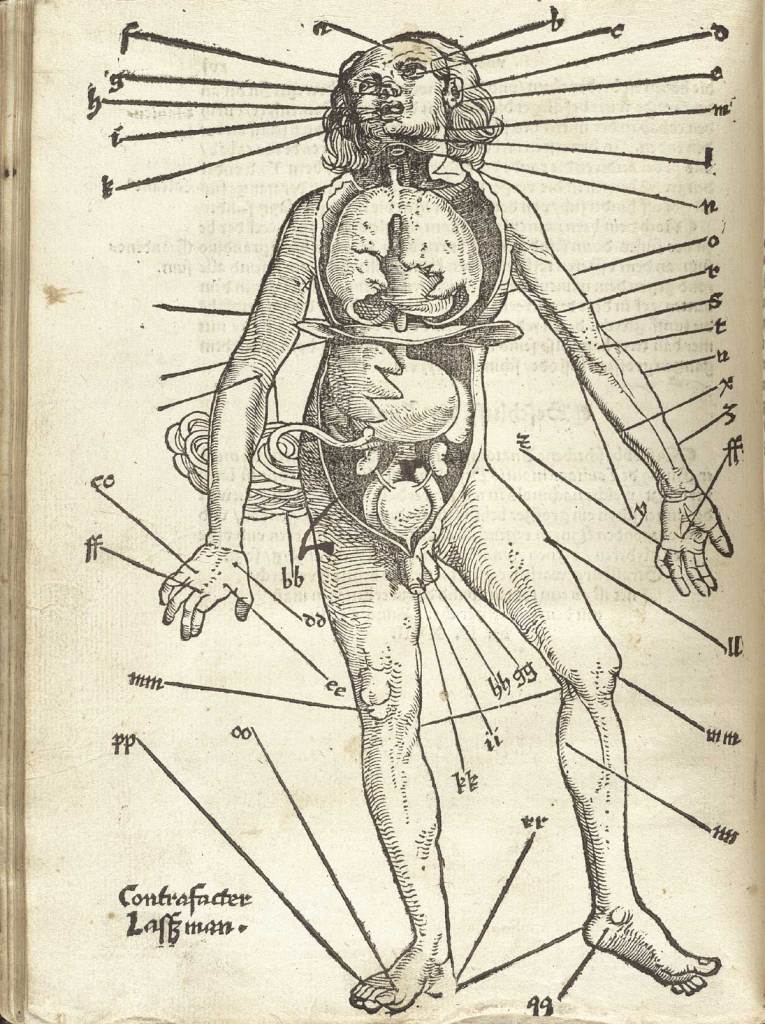Iatrochemists: why iron salts cure anemia
A fun anecdote from the history of medicine. (Fun in hindsight, though not necessarily fun for those who lived through the medical history.) The late-medieval Iatrochemists believed that progress could be made by uniting medicine with alchemy. Their intellectual leader was Paracelsus (1493-1541), a Swiss physician whose goal was to reform medical chemistry by rejecting […]
Iatrochemists: why iron salts cure anemia Read More »

